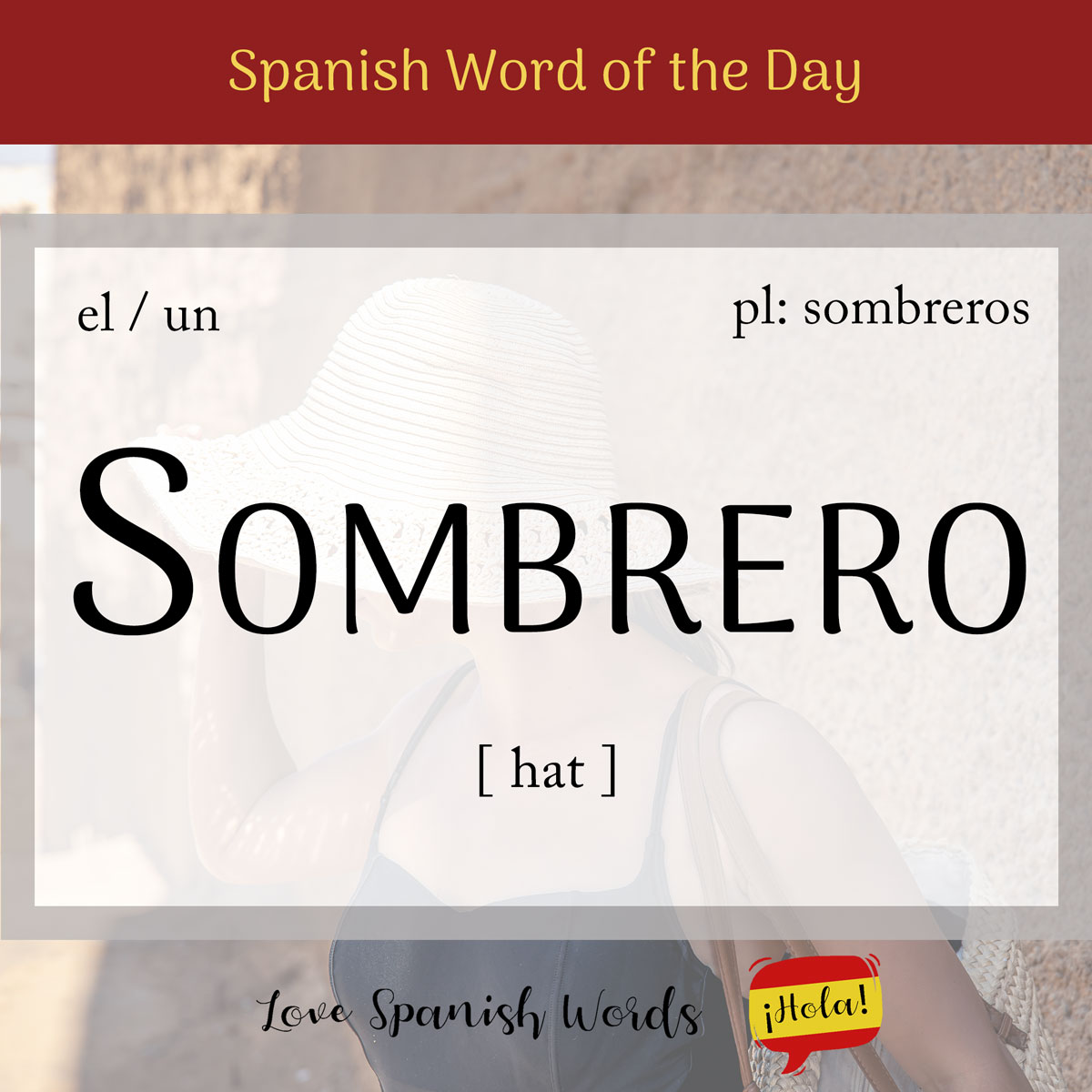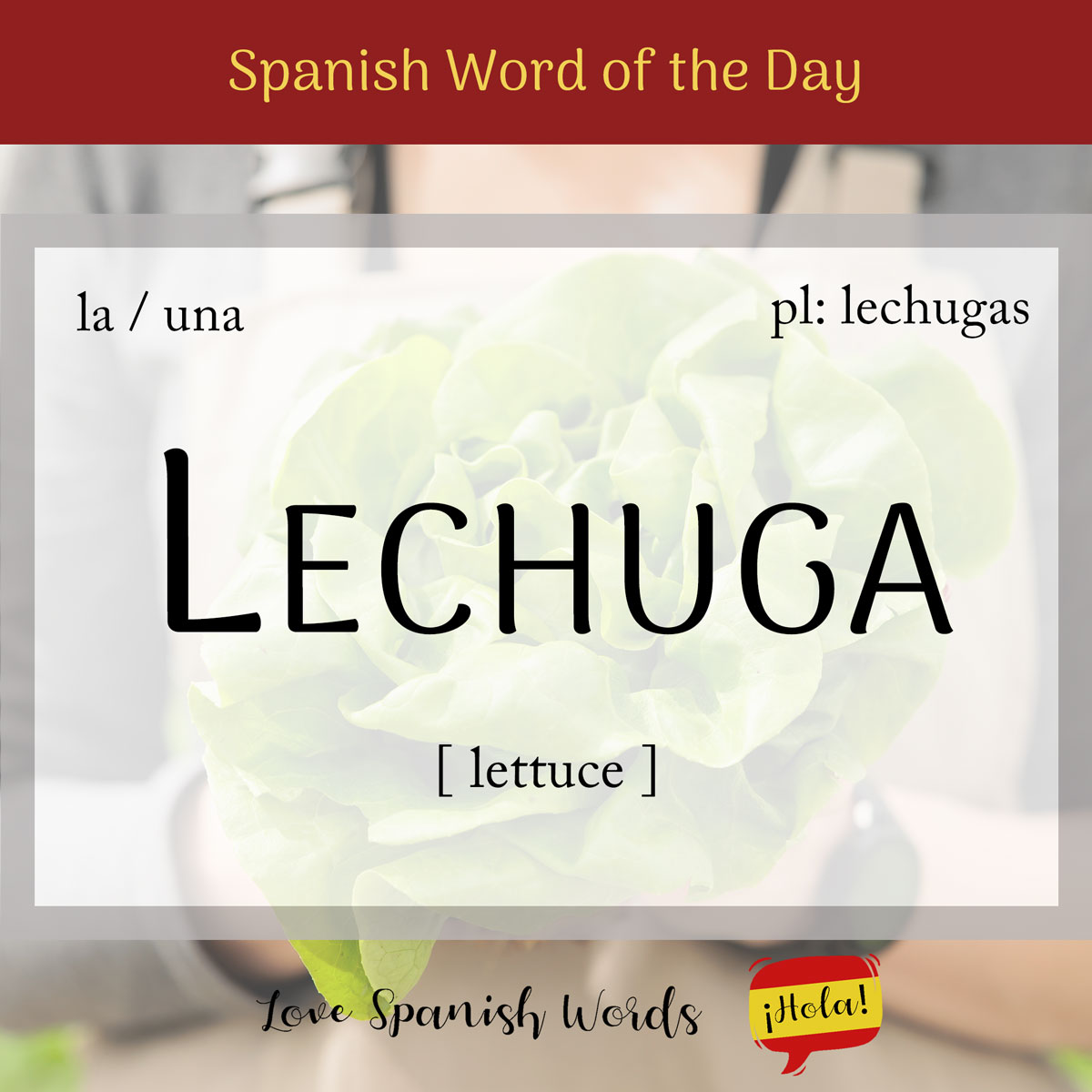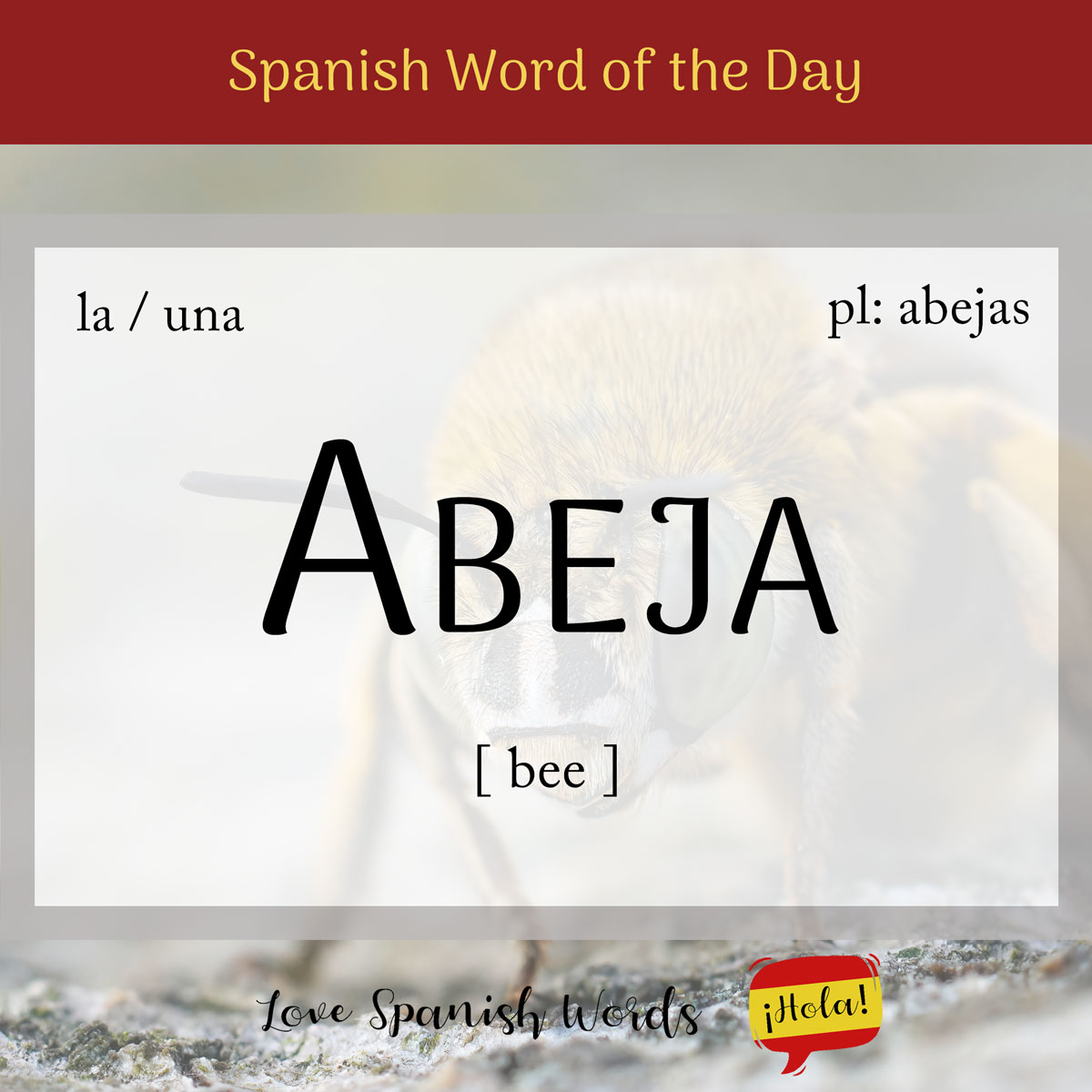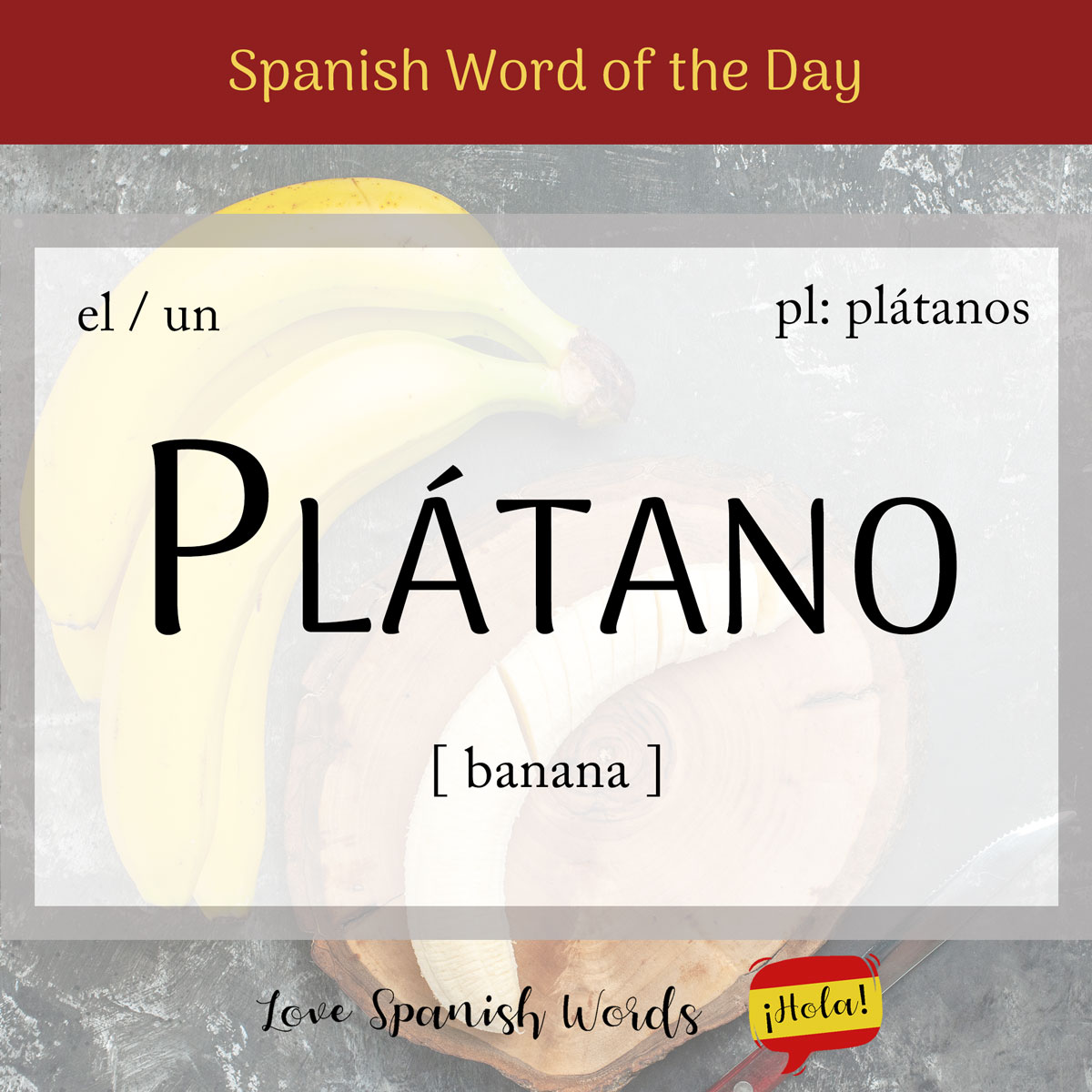Spanish Word of the Day: Viento (wind)
One of the effects of climate change across the world is said to be that generally the weather will become more windy and the winds will be stronger. The Spanish word for wind is viento from the Latin ventus with the same meaning. Latin American Pronunciation European Pronunciation Viento is a masculine noun and takes …





